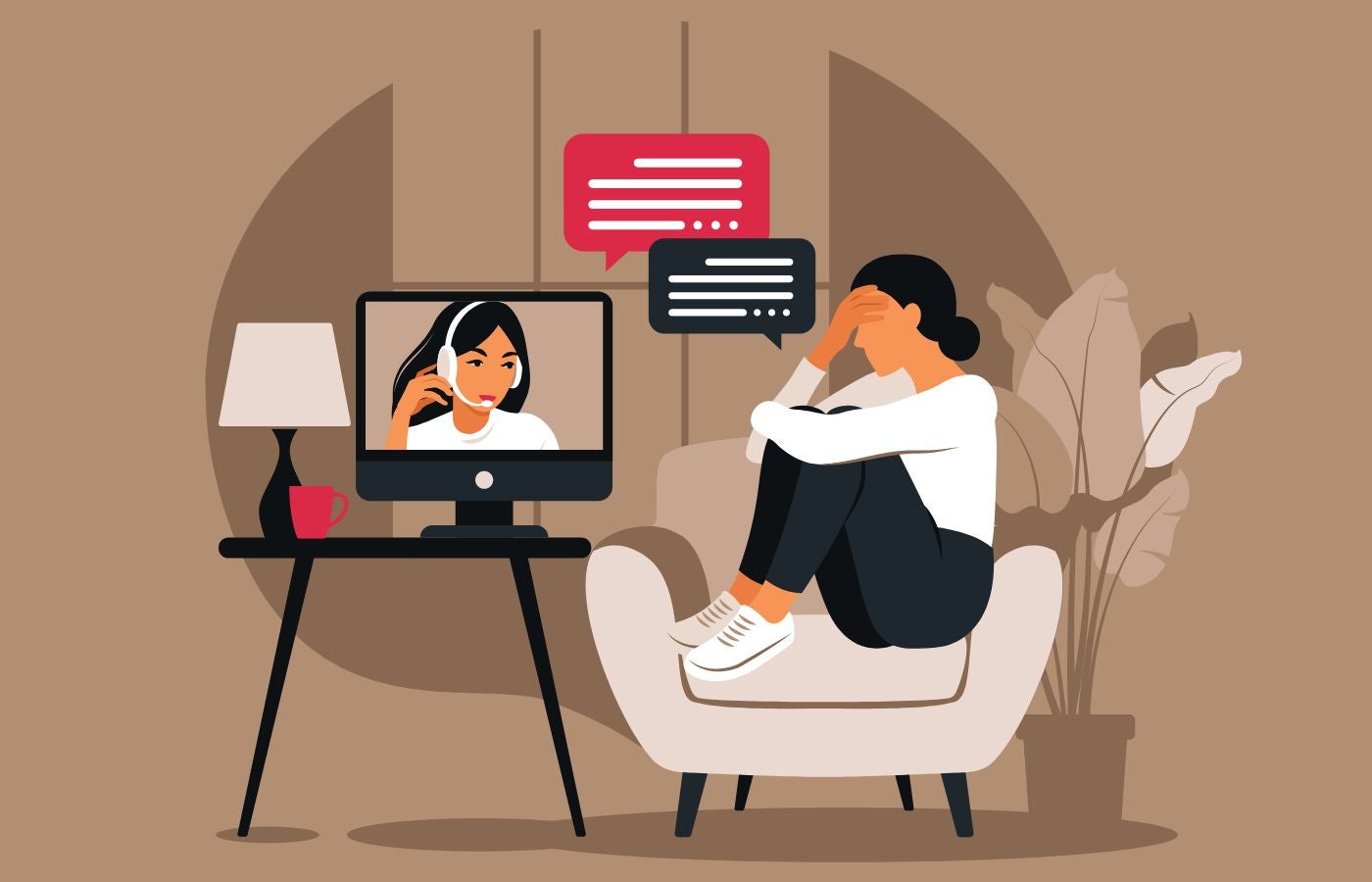
When you’re setting boundaries, it can feel like you’re closing yourself off. But in reality, boundaries help you to open up and be more connected with yourself and those around you. They allow us to express what we need, what we want, and how we want to be treated.
When we love ourselves, we can set healthy boundaries with others. When we don’t know how to love ourselves, it’s easy for other people’s needs and wants to become our own — and for us to feel obligated or coerced into meeting them. This can lead to resentment on both sides of the relationship.
Self-Love as the Foundation
Self-love is the cornerstone of healthy relationships. It involves recognizing your own worth, accepting yourself, and treating yourself with kindness and compassion. When you love yourself, you are better equipped to engage in positive relationships with others. Without self-love, it becomes challenging to set and maintain healthy boundaries because you may not value yourself enough to prioritize your well-being.

When we love ourselves, we can be more present in our relationships because we are more comfortable being vulnerable. This can lead to greater intimacy with others, which ultimately leads to better communication and deeper connections. It is essential for us as humans to feel loved and accepted by others, but it’s equally important for us to learn how to love ourselves unconditionally. Many people struggle with this concept at first; however, once they understand that loving themselves is not selfish but actually necessary for developing healthy relationships with others — they find peace within themselves!
Respecting Your Own Needs
Self-love means recognizing and respecting your own needs and desires. When you set boundaries, you are essentially communicating these needs to others. This can involve saying no when necessary, expressing your feelings and preferences, and advocating for yourself in a way that honors your self-worth.
When you set boundaries, you are making sure that your needs are being met. You are setting limits on how much time or energy you will put into something, or how far someone can go before they risk losing your respect or trust. Setting boundaries can also mean making sure that no one else’s needs supersede yours — that is, that no one else gets to dictate what happens in your life without asking first.
Communicating Boundaries Effectively
Boundaries are important. They help us keep ourselves safe and healthy, but they can also be difficult to communicate. If you find yourself feeling like your boundaries are being violated, it’s important to learn how to communicate them effectively and respectfully.
First, remember that effective communication is key to maintaining healthy boundaries. Express your boundaries clearly and assertively but without hostility or aggression. Use “I” statements to convey your feelings and needs, which can help prevent others from feeling attacked or defensive.
Second, it’s okay to say no! For example, if someone asks you for something and you don’t want to do it, it’s okay to say “no.” If someone is pressuring you into doing something you don’t want to do, ask them politely if they would mind not pressuring you anymore so that we can all feel comfortable continuing our conversation without any pressure or conflict.
Respecting Others’ Boundaries
Most of us have heard the phrase “respecting others’ boundaries” countless times. But what does it actually mean? Setting and maintaining your own boundaries is a crucial part of building a healthy relationship, as well as respecting the boundaries of others. This reciprocity fosters an environment of trust and emotional safety.
When you respect another person’s boundaries, you acknowledge that they have the right to say no or set limits on their own behavior — regardless of whether or not you agree with their decision. You also don’t pressure them into doing something they don’t want to do.
When you don’t respect someone’s boundaries, it can come across as disrespectful or controlling — even if you don’t mean it that way! For example, pressuring someone into doing something because you think it would be fun for them can be perceived as manipulative rather than caring. Or telling someone else how they should feel about an issue can make them feel like their opinion isn’t valid unless it matches yours. In order for relationships to thrive, both parties need to feel like their needs are being met without sacrificing their own values or identity in the process.
Reevaluating and Adjusting
Boundaries are like a map of your life. They help you feel safe and in control, and they guide the way for others to treat you. It’s important to stay aware of where your boundaries are, so that you’re always in alignment with what’s right for you.
When we feel like our boundaries have been violated, it can be tempting to go into defense mode and shut down completely — but this is actually the worst thing we can do! When we’re upset, our brains are flooded with cortisol (the stress hormone), which makes us more likely to lash out or shut down than make rational decisions.
Instead, take some time to breathe deeply and assess whether or not something has happened that violates your boundaries. If so, ask yourself if there’s anything you can do about it right now — and then do it! If not, try setting up a time block later on in the day for thinking about what happened and how you might want to handle it differently next time.
Seeking Professional Help

If you find it challenging to establish or maintain boundaries, or if you struggle with self-love, seeking the guidance of a therapist or counselor can be highly beneficial. They can provide tools and insights to help you develop a stronger sense of self-love and navigate boundary issues effectively.
If this sounds like something that might be helpful for you, it’s important to go into therapy with an open mind and a willingness to be honest about yourself and your past experiences. Therapy is not designed to fix the past; rather, it’s designed to help individuals understand themselves better so they can have better relationships moving forward.
So there you have it: the secret to having a healthy relationship. It isn’t about finding someone who loves you for all the right reasons, or about getting your needs met, or even about being able to give in return. It’s about self-love and boundaries, which are intricately connected in the realm of healthy relationships. Cultivating self-love provides the foundation for setting and maintaining boundaries that protect your well-being and promote positive, respectful interactions with others. When self-love and boundaries intersect, you create an environment that fosters mutual respect, emotional health, and deeper, more fulfilling relationships.
RUCHI RATHOR Founder & CEO
Payomatix Technologies Pvt. Ltd.
FOUNDER AND INVESTOR | PAYMENTS PROCESSING EXPERT | MERCHANT ACCOUNT SOLUTIONS | WHITE LABELLED PAYMENT GATEWAY | Dreamer, Creator, Achiever, Constantly Evolving
Website Ruchi Rathor: https://ruchirathor.com
Website Healing Heart https://thehealingheart.me/
Instagram https://www.instagram.com/_ruchirathor_/
LinkedIn https://www.linkedin.com/in/ruchirathor12/
Facebook https://www.facebook.com/ruchi.rathor.magnificient
Tumblr https://www.tumblr.com/blog/ruchirathor-thehealingheart
Medium https://medium.com/@ruchirathor_23436









